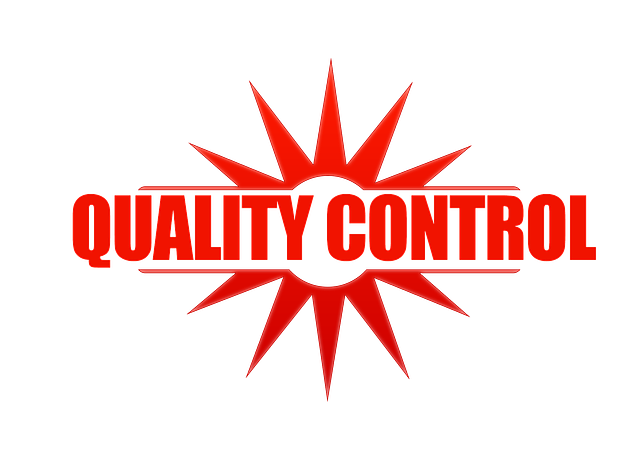In dynamic real estate, understanding leverage during repair/renovation discussions is key for buyers, sellers, or tenants. Major repairs offer significant negotiating power while minor issues require different tactics. Staying informed about market trends and local regulations allows requests for tailored solutions or price adjustments. Amassing detailed documentation and building relationships with reputable contractors strengthens your position. Effective communication, active listening, and framing discussions as mutual growth opportunities lead to win-win agreements in the competitive real estate market.
In the dynamic world of real estate, understanding negotiation leverage can significantly impact the outcome of repair requests. This article equips homeowners and tenants with essential strategies to navigate negotiations effectively. From recognizing the power of informed repairs to employing communication tactics that foster mutual understanding, you’ll discover how to strengthen your position. By mastering these skills, you can achieve win-win outcomes, ensuring your repair requests are addressed efficiently while maintaining positive relationships with property owners or managers.
Understanding Your Repair Request Leverage in Real Estate

In the realm of real estate, understanding your repair request leverage is a game-changer. When you initiate a repair or renovation conversation with a property owner or real estate agent, knowing your rights and the value you bring to the table is essential. This knowledge allows you, as either a buyer, seller, or tenant, to negotiate effectively, ensuring that any agreed-upon repairs are executed to your satisfaction.
By assessing the condition of the property and identifying necessary repairs, you can strategically position yourself. Major issues may give you more leverage, while minor cosmetic concerns might require a different approach. In all cases, being well-informed about market trends, comparable properties, and local regulations empowers you to request specific remedies or adjustments in price, making your repair requests a powerful aspect of the real estate negotiation process.
Strategies to Strengthen Your Position During Negotiations

When negotiating repair requests in the real estate sector, strengthening your position is key to achieving favorable outcomes. One effective strategy is to gather comprehensive documentation and evidence supporting your case. This includes detailed reports from inspectors, photos documenting existing issues, and even prior communications with the property owner or management regarding these concerns. Such records provide a solid foundation for your negotiation, allowing you to present a compelling argument.
Additionally, building relationships with reputable contractors and professionals in the industry can offer valuable insights and support. They can serve as credible references, attesting to the validity of your repair requests. By leveraging their expertise, you gain an ally who understands the true cost and effort required for quality repairs. This collective knowledge positions you better during negotiations, ensuring fair compensation for necessary work.
Effective Communication Tactics for Win-Win Outcomes

In the realm of real estate, effective communication is a powerful tool for achieving win-win outcomes during negotiation for repair requests. The key lies in active listening and clear, concise messaging. By thoroughly understanding the client’s needs and concerns, agents or property managers can address them directly, fostering an environment of transparency and trust. This strategy not only helps in repairing any existing issues but also strengthens the relationship between the parties involved.
Additionally, using a collaborative approach rather than a confrontational one can significantly enhance negotiation outcomes. Framing discussions as opportunities for mutual growth and understanding encourages open dialogue. For instance, property managers can highlight the long-term benefits of prompt repairs, such as maintaining property value and preventing further damage. This perspective aligns with clients’ interests, resulting in agreements that benefit both parties, much like a harmonious symphony in a bustling real estate market.






